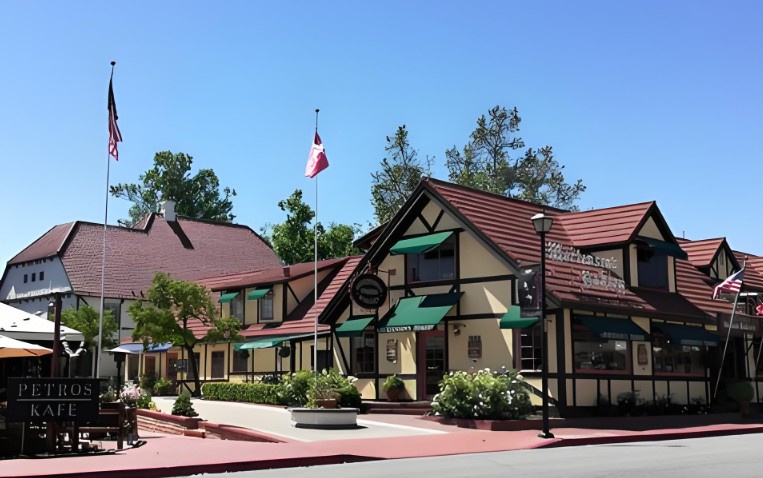Here is the full text of Buffett's letter to shareholders in 2002:
To the Shareholders of Berkshire Hathaway Inc.:

In 2002, Berkshire's net worth increased by $3.96 billion, or 6.5% per share for both Class A and Class B stock. Over the past 36 years since the current management took over, the book value per share has grown from $19 to $40,442, at an annual compound growth rate of approximately 23.6%.
We completed eight acquisitions in 2002, spending about $8 billion, with 97% in cash and 3% in stock. (Note that none of these acquisitions used debt financing.) These acquisitions included a furniture rental company, an insurance company, a jeweler, a brick manufacturer, a carpet manufacturer, a maker of industrial insulation and roofing products, and a paint manufacturer.
Our investment approach remains focused on fundamental valuation. We believe that the value of an asset depends on the cash flow it can generate in the future. To quote Aesop, we return to the basic principle: "A bird in the hand is worth two in the bush." To apply this principle, we need to answer three questions: How certain are we that there are indeed birds in the bush? When will these birds appear and in what numbers? What is the risk - free interest rate? By answering these questions, we can determine the maximum value of the bush. This investment axiom is timeless and applies to any asset, whether it is a farm, an oil well, a bond, a stock, a lottery ticket, or a manufacturing plant. New technologies such as the steam engine, electricity, or the automobile have not changed this formula, nor will the Internet.
We also discussed the accounting scandals at that time. We believe that financial reports should disclose all important facts about current operations, as well as the CEO's candid view on the company's long - term economic characteristics.
In 2002, we also had some thoughts on the insurance business. For example, Government Employees Insurance Company (GEICO), one of our insurance subsidiaries, faced tougher competition. We analyzed several factors affecting its business, including the decline in the return on advertising, the exhaustion of easily accessible market share, stricter underwriting standards, and changes in the competitive landscape.
Overall, we are satisfied with Berkshire's performance in 2002. We will continue to adhere to our investment principles and strive to create long - term value for shareholders.
With best regards,
Warren E. Buffett
Chairman of the Board
In 2002, we entered the foreign currency market for the first time in my life. Also, we had some insights on corporate governance. We believed that independent directors should have three essential qualities: independence of thought and speech, business acumen, and a shareholder - oriented mindset. Besides, we were cautious about the risks of derivatives, believing that they were "financial weapons of mass destruction". We also mentioned that in the insurance business, to generate low - cost float over time, an insurance company must underwrite with unwavering discipline, reserve conservatively, and avoid an aggregation of exposures that would allow a supposedly "impossible" incident to threaten their solvency. In the investment field, we remained focused on finding undervalued companies with strong long - term prospects. Although the stock market had declined for three consecutive years, we still found it difficult to find investment targets that really interested us due to the aftermath of the previous Internet bubble. Instead, we invested some funds in junk bonds and debt investments, and by the end of the year, the cumulative investment amount in this area had increased six - fold to $8.3 billion.
